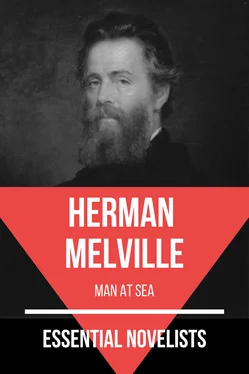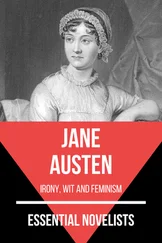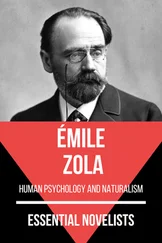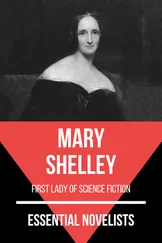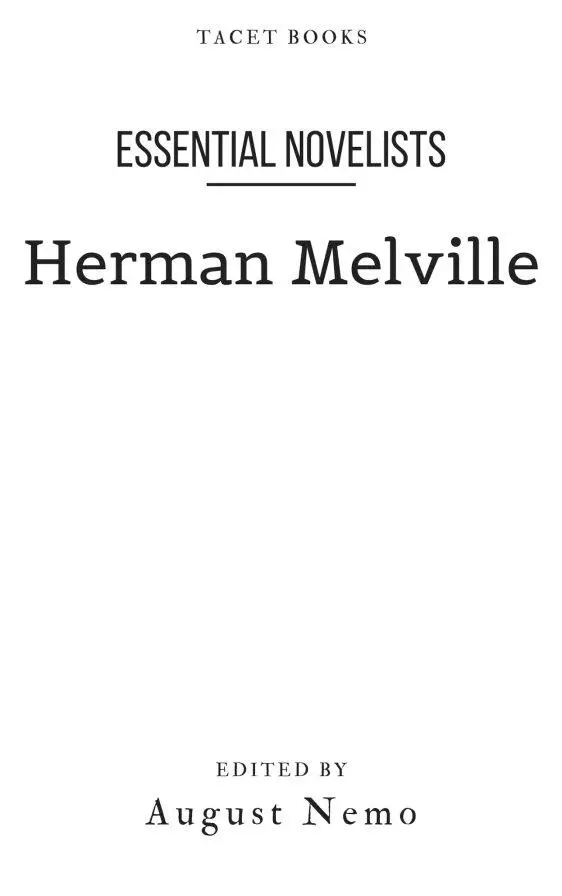
Title Page
Author
Moby Dick
Billy Budd Конец ознакомительного фрагмента. Текст предоставлен ООО «ЛитРес». Прочитайте эту книгу целиком, купив полную легальную версию на ЛитРес. Безопасно оплатить книгу можно банковской картой Visa, MasterCard, Maestro, со счета мобильного телефона, с платежного терминала, в салоне МТС или Связной, через PayPal, WebMoney, Яндекс.Деньги, QIWI Кошелек, бонусными картами или другим удобным Вам способом.
About the Publisher Конец ознакомительного фрагмента. Текст предоставлен ООО «ЛитРес». Прочитайте эту книгу целиком, купив полную легальную версию на ЛитРес. Безопасно оплатить книгу можно банковской картой Visa, MasterCard, Maestro, со счета мобильного телефона, с платежного терминала, в салоне МТС или Связной, через PayPal, WebMoney, Яндекс.Деньги, QIWI Кошелек, бонусными картами или другим удобным Вам способом.
HERMAN MELVILLE was born in New York City on August 1, 1819, to Allan and Maria Gansevoort Melvill (Maria added the "e" to the family name following her husband's death). In the mid-1820s, young Herman fell ill to scarlet fever, and though he regained his health not long afterward, his vision was left permanently impaired by the illness.
In 1841, Melville embarked on a sea voyage after being hired to work aboard the Acushnet, a whaling ship. His subsequent wild journey provided the sparks for his yet-to-be-realized literary career: After arriving at the Marquesas Islands of Polynesia in 1842, Melville and a crewmate deserted the ship and, soon after, were captured by local cannibals. Although Melville was treated well, he escaped after four months on board another whaling ship, the Lucy Ann, and was jailed after joining the crew in a mutiny. He eventually wound up in Hawaii before catching a ride back to Massachusetts on the USS United States, arriving home more than three years after he left.
Melville immediately set about putting pen to paper to capture his experiences. Typee: A Peep at Polynesian Life (1846), a combination of his personal tales and imagined events, drew attention for its detailed descriptions of seafaring life and a seemingly too-wild-to-believe plot. The author followed in 1847 with an equally successful sequel, Omoo: A Narrative of Adventures in the South Seas.
The author in 1851 delivered what would become his signature work, Moby-Dick (initially titled The Whale). Moby-Dick, categorized as American Romanticism, is based on both Melville's years of experience aboard whaleships and the real-life disaster of the Essex whaleship. While Moby-Dick eventually achieved immense critical acclaim, Melville didn't live to witness that success. In fact, the book didn't bring him any wealth or respect during his lifetime.
Melville delivered a series of lectures throughout the late 1850s, and the following decade he began a 20-year career as a customs inspector in New York City. He also turned his creative interests to poetry during this period, publishing a collection called Battle-Pieces and Aspects of the War in 1866.
Melville had finally begun work on another novel when he died of a heart attack in New York City on September 28, 1891. His early fame had vanished by then, but many of his books were eventually reprinted, and his name began slowly gaining traction in the literary world. By the early 1920s, Melville had become a well-known figure among readers and critics alike; his last novel also saw the light of day, published in 1924 as Billy Budd, Sailor.

OR THE WHALE
––––––––

––––––––

CALL ME ISHMAEL. SOME years ago—never mind how long precisely—having little or no money in my purse, and nothing particular to interest me on shore, I thought I would sail about a little and see the watery part of the world. It is a way I have of driving off the spleen and regulating the circulation. Whenever I find myself growing grim about the mouth; whenever it is a damp, drizzly November in my soul; whenever I find myself involuntarily pausing before coffin warehouses, and bringing up the rear of every funeral I meet; and especially whenever my hypos get such an upper hand of me, that it requires a strong moral principle to prevent me from deliberately stepping into the street, and methodically knocking people's hats off—then, I account it high time to get to sea as soon as I can. This is my substitute for pistol and ball. With a philosophical flourish Cato throws himself upon his sword; I quietly take to the ship. There is nothing surprising in this. If they but knew it, almost all men in their degree, some time or other, cherish very nearly the same feelings towards the ocean with me.
There now is your insular city of the Manhattoes, belted round by wharves as Indian isles by coral reefs—commerce surrounds it with her surf. Right and left, the streets take you waterward. Its extreme downtown is the battery, where that noble mole is washed by waves, and cooled by breezes, which a few hours previous were out of sight of land. Look at the crowds of water-gazers there.
Circumambulate the city of a dreamy Sabbath afternoon. Go from Corlears Hook to Coenties Slip, and from thence, by Whitehall, northward. What do you see?—Posted like silent sentinels all around the town, stand thousands upon thousands of mortal men fixed in ocean reveries. Some leaning against the spiles; some seated upon the pier-heads; some looking over the bulwarks of ships from China; some high aloft in the rigging, as if striving to get a still better seaward peep. But these are all landsmen; of week days pent up in lath and plaster—tied to counters, nailed to benches, clinched to desks. How then is this? Are the green fields gone? What do they here?
But look! here come more crowds, pacing straight for the water, and seemingly bound for a dive. Strange! Nothing will content them but the extremest limit of the land; loitering under the shady lee of yonder warehouses will not suffice. No. They must get just as nigh the water as they possibly can without falling in. And there they stand—miles of them—leagues. Inlanders all, they come from lanes and alleys, streets and avenues—north, east, south, and west. Yet here they all unite. Tell me, does the magnetic virtue of the needles of the compasses of all those ships attract them thither?
Читать дальше
